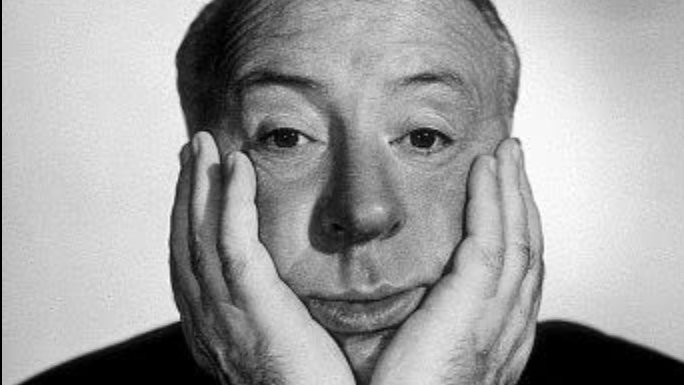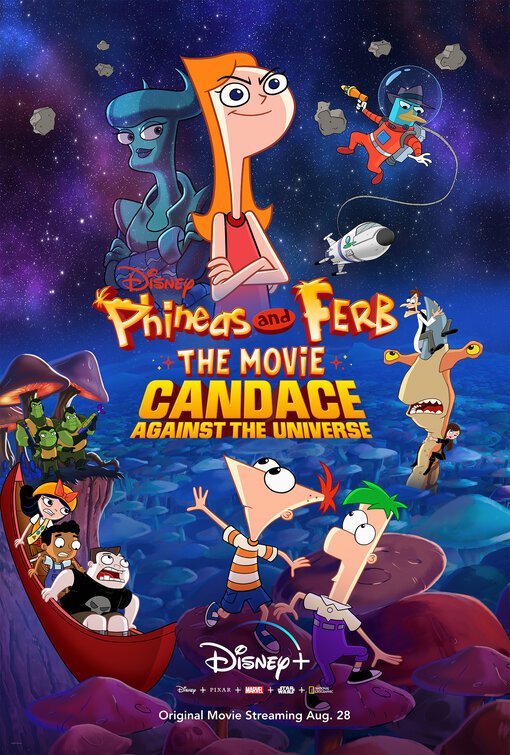
Alfred Hitchcock on God’s Will: ‘A Hidden Future is One of God’s Most Merciful and Exciting Gifts’
By Movieguide® Staff
Note: This story is part of our Faith in Hollywood series. For similar stories, click here.
Alfred Hitchcock is one of the most studied and admired directors in cinema history and is best known for his masterful use of suspense in movies like PSYCHO, REAR WINDOW, and VERTIGO.
However, Hitchcock revealed that all the control he had on the movie set belonged to God in real life.
“Would you like to be able to predict the future? A movie director can, you know. In making a film, he takes an imitation slice of life in his hands and arranges it just the way he wants it. He knows, in the first scene, just what is going to happen in the last,” Hitchcock wrote in an article from 1959. “Now, this is a godlike quality. It gives the director a great sense of power. But there’s just one small trouble with it. The stuff the movie director is working with isn’t real. It’s synthetic. It’s not life itself. It’s only an imitation of life.”
“In real life, we can plan, and take precautions, and hope that things will happen in a certain way. But we can never be sure. And I sometimes wonder why it is that, if we try too hard to control the future, we get a rude shock,” he added.
Early in Hitchcock’s career, he pitched his first movie called THE LODGER. However, after producers screened his directorial debut, they shelved the project. Hitchcock revealed that he and his wife, Alma, prayed for another opportunity.
“When I got the opportunity to pick my own story and direct it for one of the major British studios, I was certain I had the future, in the film and out of it, right in my hand.,” Hitchcock said. “Films were still silent in those days, and I used every trick I could think of to build the suspense visually and hide the outcome. It was full of innovations; I was very proud of the result.”
“The big boss uttered the final doom: ‘It’s unshowable. We’ll shelve it.’ It was a kind of day of judgment. Alma and I stumbled out of the studio. We walked. And we prayed. For what? For another chance.,” he added.
After months of THE LODGER sitting on the executive’s shelves, one producer decided to show it to some distributors—with an apology attached—and they liked Hitchcock’s movie.
“The few distributors watched it, and that magic ingredient, unpredictability, began working. They liked it. The studio decided to release it. All the distributors wanted it. The Lodger became a great movie hit from the very start,” Hitchcock said.
“But I was not elated. No. I had to find a rational explanation for the strange events that made it a failure at the beginning and an enormous success at its end,” he added.
As Hitchcock meditated on his movie’s success, he realized that God was trying to teach a young, arrogant director a lesson about life.
“In the film story the synthetic future was certain. I controlled it. When I completed the movie, I was arrogantly certain of its real future too. I was sure that everyone would love it. When they didn’t, I walked about in desperation, praying for another chance,” Hitchcock wrote. “There it was: I had been grasping at the real future, wanting it in my own hand. It was almost as if God deliberately delayed success to show me that my efforts at controlling the future were not in His scheme of things.”
Hitchcock said that this realization offered him a new perspective on the suspense he used in most of his subsequent movies.
“This was an amazing thought. But over the years I’ve been forced to the conclusion that a blind future is one of God’s most strictly enforced rules and that scientific effort to see into the future is also doomed to failure,” Hitchcock said. “There are two main reasons. The first reason is simple. In life, if we knew the outcome of everything, most of the zest would go out of living. What fun would it be to go to a baseball game if you knew which team was going to win? Why go fishing if you knew that you would (or wouldn’t) catch fish?”
“The unknown has its appeal precisely because it is mysterious. Take the concept of heaven for instance—wouldn’t we tend to lose some of our interest in it if we knew exactly what it was like? So when God keeps the future hidden, He is saying that things would be very dull without suspense,” he continued. “But I think He has a deeper reason than that when he hides the future. I think He is also being merciful. Because, if life would be dull knowing about tomorrow, it would also be terrible.”
Hitchcock added that he sees God’s control over the future as life’s ultimate gift.
“I’ve come to believe that a hidden future is one of God’s most merciful and exciting gifts. Without it there would be nothing to wait for, worse, nothing to hope for. In any case, whether we like it or not, we have to live with it,” he said. “How we live with it is up to us. We can live in a state of constant anxiety about the future, always afraid that in the long run the bad guy wins, injustice triumphs, and mankind will destroy itself. Or we can use the gift creatively: help men of good will to win, justice to triumph, and believe that the drama of man must end in happiness.
“Yes, the best thing about the future is that it comes one day at a time. And I thank Heaven daily that tomorrow does not belong to any man. It belongs to God.”
Questions or comments? Please write to us here.


 - Content:
- Content: 
